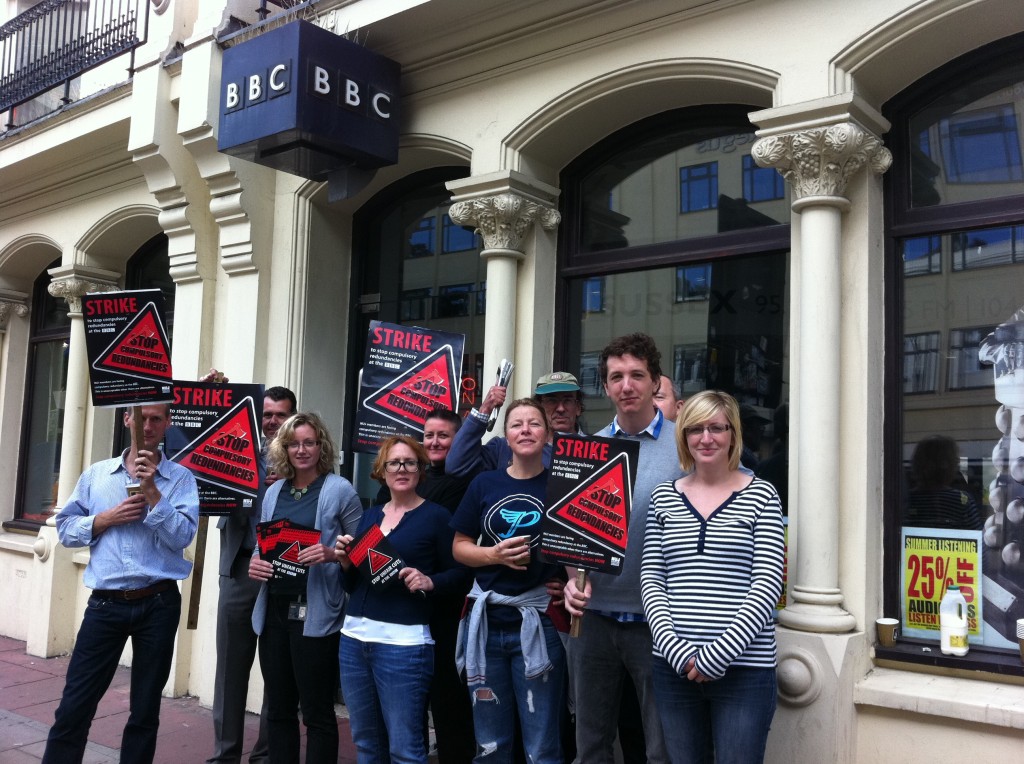Confirmation from the National Union of Journalists that it is facing insolvency has prompted journalists to suggest some ideas on how to improve the union’s situation.
NUJ general secretary Michelle Stanistreet said in an email to all members yesterday that “doing nothing is not an option” – and she asked members to encourage colleagues to join the union.
She said: “If no action is taken the union would face insolvency and the consequential prospect of a merger as soon as later this year.
“We have been here before, and the way out is by acting together in the collective interests of the union we are all passionate about.”
Journalist Leah Borromeo said the NUJ’s problems would not be solved through recruitment alone and that a merger with broadcasting union Bectu would reflect convergence in the wider media industry. Back in 2008, the NUJ looked at leaving its Headland House headquarters in London and sharing with Bectu, but nothing came of it.
@donnachadelong thinkin abt it deeper, NUJ BECTU etc shd’ve merged yrs ago 2 form Media Union. this won’t be solved thru recruitment alone.
— Leah Borromeo (@monstris) Mai 28, 2012
Brian Whelan says not enough is being done to recruit graduates:
Main thing that strikes me about the NUJ’s current financial crisis is how many young journalists I can think of who aren’t members.
— Brian Whelan (@brianwhelanhack) Mai 28, 2012
NUI Galway MA student Colette Sexton adds:
@brianwhelanhack The NUJ don’t exactly encourage us young hacks to join. It took the NUJ 4 months to respond to my membership application.
— Colette Sexton (@colette_sexton) Mai 28, 2012
And Sheffield Uni MA student Luke Martin says the NUJ’s antiquated website isn’t helping:
@brianwhelanhack I tried to join, was a most confusing process. The website has a feel of ceefax.
— luke martin (@dentonmartin) Mai 28, 2012
However, Donnacha DeLong says improvements to the site are on the way:
It’s under new management and online joining is coming soon.
— Donnacha DeLong (@donnachadelong) Mai 28, 2012
One option being proposed is a five per cent rise in subscription rates. However, Telegraph journalist Jennifer O’Mahony suggests rethinking the membership fees structure altogether:
@brianwhelanhack It’s ridiculous that the editor of a regional paper pays less for a union subscription than a PA/Telegraph trainee.
— Jennifer O’Mahony (@jaomahony) Mai 28, 2012
@brianwhelanhack I have no idea why they don’t grade by income rather than where in the country you happen to work. Puts many off joining.
— Jennifer O’Mahony (@jaomahony) Mai 28, 2012
Any ideas? What would you do to improve the finances of the NUJ?





